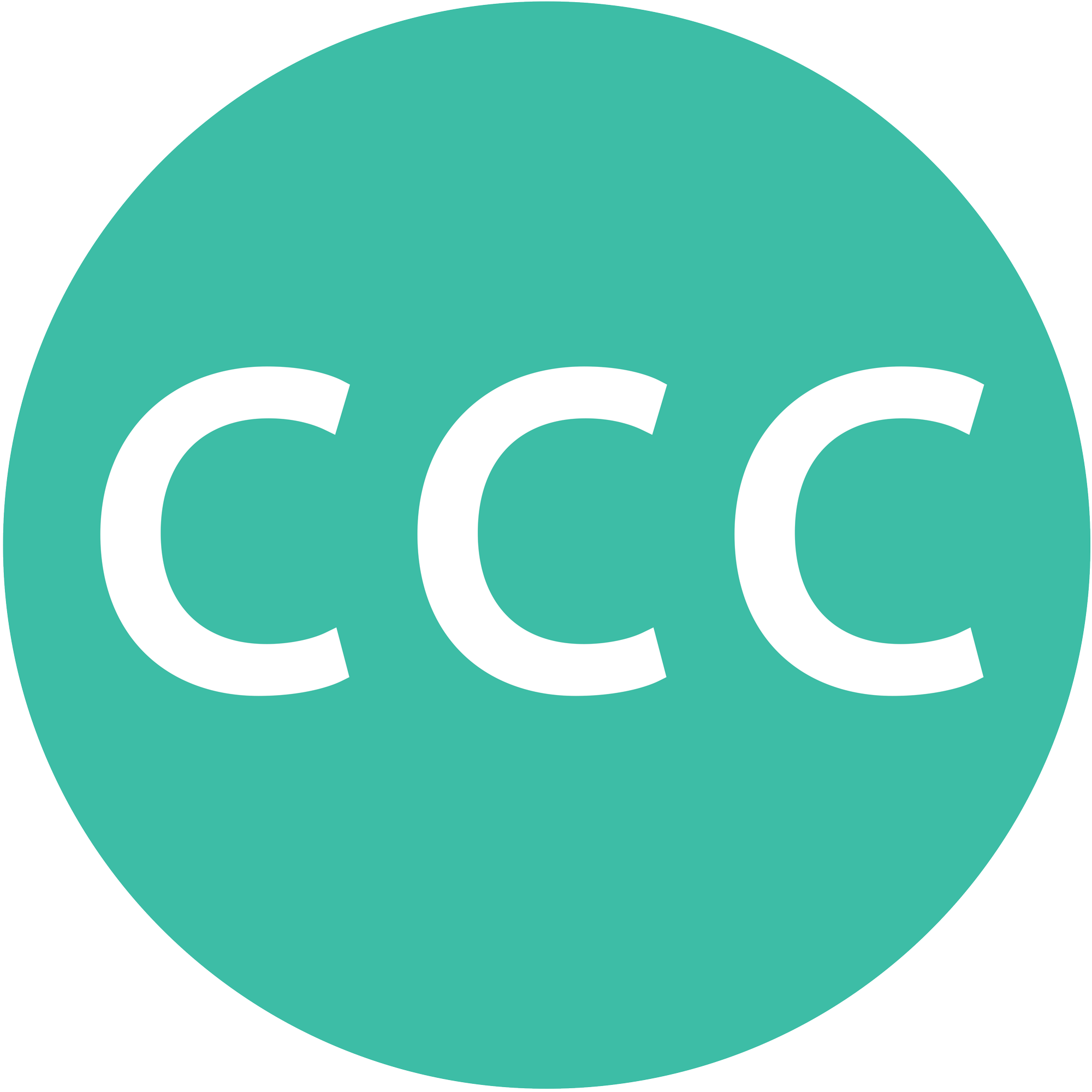I had the privilege of taking a 4-month sabbatical, a complete break from all things philanthropy so that I could attend to long-neglected personal matters. You probably didn’t miss me because while I was away this monthly letter was written by some of my most distinguished colleagues: Gabriela Sandoval, Executive Director of the Excessive Wealth Disorder Institute; Ellen Dorsey, former Executive Director of the Wallace Global Fund; and Larry Ottinger, a consultant to the WhyNot Initiative and invaluable contributor to CCC’s success.
Four months is not a very long time, and not being a professional sabbatical-taker, I didn’t emerge with any epiphany or spiritual awakening. In fact, it took me almost a month to get into the swing of things, when I took the New York Times off my homepage and stopped reading newspapers, something I highly recommend everyone does occasionally.
The most disappointing aspect of my sabbatical, and I suspect most sabbaticals, is that one leaves with the hope that upon return some of the problems one was dealing with were somehow resolved. When I left, a former President had not yet been convicted for his crimes and was running neck and neck for election with an incredibly productive incumbent President, war was raging in the Middle East, Congress was dysfunctional, wealth inequality was increasing, racial and gender justice were decreasing, and the philanthropy-industrial complex wasn’t interested in changing. Regrettably, “was” is “is.”
I didn’t completely escape from my work. I managed to read The Bill Gates Problem: Reckoning with the Myth of the Good Billionaire by Tim Schwab. It is not only a compelling indictment of Bill Gates, but also a loud call to curb excessive wealth and the plutocracy that is philanthropy.
I tried not to allow myself to get into serious thinking about addressing the issues Schwab discusses, but I did prompt a few crazy ideas.
- The root of philanthropy’s plutocracy problem is excessive wealth. And it is commonly understood that this wealth was not accumulated based on any reasonable sense of merit; in fact, more often than not it has been grown by being hoarded and avoiding taxes, taking advantage of workers, monopolizing, if not illegal practices, and/or choosing ultra-wealthy parents (or uncles). How about balancing the scales a bit with a Centimillionaire Community Service Program where in order to keep your first $100 million you must do two years of community service, another two years at $1 billion, another two at $10 billion?
- Naming rights have served to glorify the reputations of the excessively wealthy. At the very least, let’s have the IRS allow charitable deductions only for deceased persons. It of course doesn’t directly affect people with excessive egos like Ken Griffin, Leon Cooperman, or Donald Trump, who have already splashed their names everywhere they can, but the public would begin to understand how non-charitable their contributions are.
- This is my favorite idea for attacking plutocracy, but it can only be practiced by the chutzpah-class of those on the receiving end of gifts and grants. When a donor (or foundation staff person) tells a joke or or comes up with their suggestion of how something should be done, the grantee should look the person straight in the eye and say, “ugh, that’s not funny” or “nope, that’s dumb.” Wow…that would be a moment.
On my return from sabbatical I quickly got back into the serious groove with a simple suggestion for fixing philanthropy: eliminate the income tax charitable deduction for incomes in excess of $1,000,000 and use the savings of approximately $50 billion to give every adult (250 million) a $200 charitable voucher to give to the 501c3 of their choice.
One of the great things that happened while on sabbatical was making the Crisis Charitable Commitment a project of the Excessive Wealth Disorder Institute. This allows both organizations to make the connection between wealth hoarding, plutocracy, and philanthropy more explicit. It gives both CCC and EWDi much greater capacity to build membership and be involved in developing charitable reform solutions. By way of example, as this letter is being published more than one hundred people in the philanthropic world are gathering in San Francisco for EWDi’s “Fixing Philanthropy in a Time of Extreme Inequality convening. Keep an eye out for what’s next.
